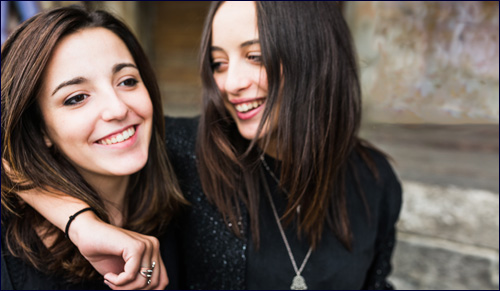 Iran’s Attack on Israel
Iran’s Attack on Israel


3 min read
Why that small flask of pure oil is like the heart of every Jew.
The menorahs that we light in our homes today are reminiscent of the very first Menorah, which was lit each day by Aaron the high priest during the Israelites’ travels in the wilderness.
Amazingly, but not surprisingly, it was Aaron’s direct descendants, the Chashmonaim, who led the way in the battle against the Greeks. They were the ones who once again lit the Menorah when reentering the Temple on Hanukkah.
The Sfat Emet suggests that the personality of Aaron has a special place in our hearts during the days of Hanukkah. This is true not only because Aaron was the great Menorah lighter, but also because Aaron, the brother of Moses, was the greatest peacemaker in the world (Pirkei Avot 1:12).
He sought out people who were quarreling and made peace between them. When Aaron met one of the quarrelers, he would say, “I just met your acquaintance and he is very sorry for what he did; you should know, he wants to make up with you.”
Aaron would sit with husbands and wives who had marital problems, and also with those who had separated due to marital strife. He would not rest until he did everything he could to make peace between them and to help bring them back together.
Not infrequently it happened that after the couple would reunite, another child would be born to them. They would often give honor to their peacemaker by naming their child after him. In fact, our Sages teach that more than three thousand children were named after Aaron during his lifetime (Avot d’Rabbi Natan)!
The Sfat Emet explained that Aaron believed deeply that within the heart of every person there is a place that sincerely yearns for reconciliation and peace. There is nothing that can defile this pure place. Love is locked in the heart securely and eternally.
The small jar of oil that was sealed by the high priest gave abundant light to the Menorah. This can be likened to the pure place in the heart of a Jew. This yearning for peace cannot be spoiled or defiled.
During the ancient days of Hanukkah there was ultimately a renewed sense of brotherhood and bonding among the Jewish people. The Greek onslaught and determination to actively assimilate the Jews had created terrible divisiveness among our people. Jewish Hellenists and traditionalists took opposing sides. Thankfully, the miraculous military victory and the miracle of the lights brought a renewed brotherhood and love throughout the nation of Israel.
The Rambam strikingly concludes his laws of Hanukkah with a teaching about the beauty of peace and brotherhood: Peace is great; the entire Torah was given to bring about peace within the world, as it states, “Its ways are pleasant ways and all its paths are peace” (Proverbs 3:19).
In Jerusalem there is a long-standing custom of gathering for special meals on the nights of Hanukkah. At these gatherings feuding families often join together. Friends who quarreled during the year are reconciled at these meals.
Hanukkah is an auspicious time to come closer to one another and for reconciliation. It is the great holiday of peace.
Excerpted from The Light That Unites (Halpern Press).
